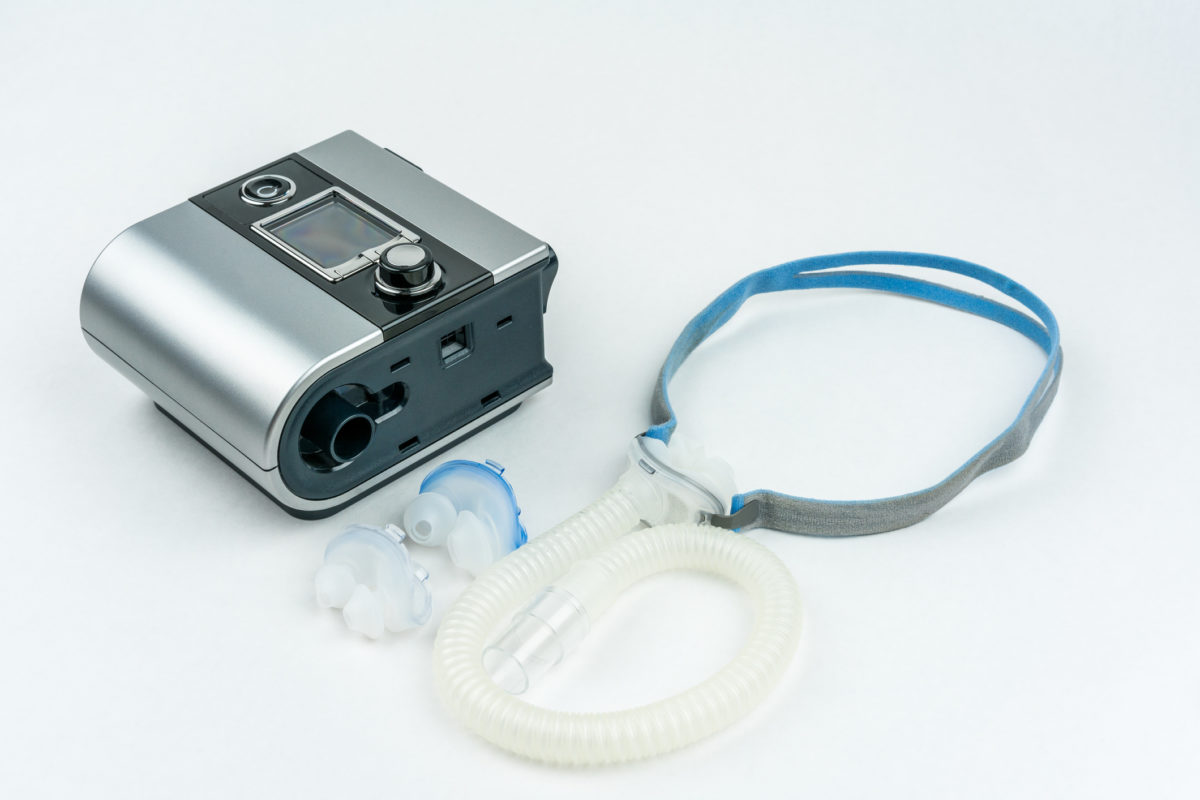
More than a month after Philips’ voluntary recall of more than a dozen mechanical ventilators, BiPAP and CPAP machines, hundreds of people with sleep apnea have been forced to choose between fighting for a replacement or using their machine that may have a defect.
Philips’ June 14 recall cited concerns about the sound dampening foam in several of its machines. High heat and humidity could cause the foam to break down, sending debris and potentially toxic chemicals through the device’s airway and into the user’s throat and lungs.
Possible health risks following exposure to degraded sound abatement foam include skin, eye, and respiratory tract inflammation; asthma, lack of oxygen (hypoxia), excessive carbon dioxide (hypercarbia), nausea and vomiting, and toxic carcinogenic effects.
Although Philips announced it has not received reports of patient impact or serious harm due to foam degradation, the FDA issued the most serious type of recall, Class I on July 22. Recalled products include Trilogy 100, Trilogy 200, Garbin Plus, Aeris, LifeVent 200, BiPAP V30, and BiPAP A30/Hybrid/A40.
The FDA has provided recommendations for people requiring a breathing device in its safety communication, Certain Philips Respironics Ventilators, BiPAP, and CPAP Machines Recalled Due to Potential Health Risks. The FDA maintains that patients should continue to use the affected device if their health care provider determines that the benefits outweigh the risks identified in the recall.
Visit the FDA recall notice for more information about staying safe with these devices. If you or a loved one has or currently uses one of the recalled Philips breathing machines, you have the right to speak with a defective product attorney to discuss your legal options.

